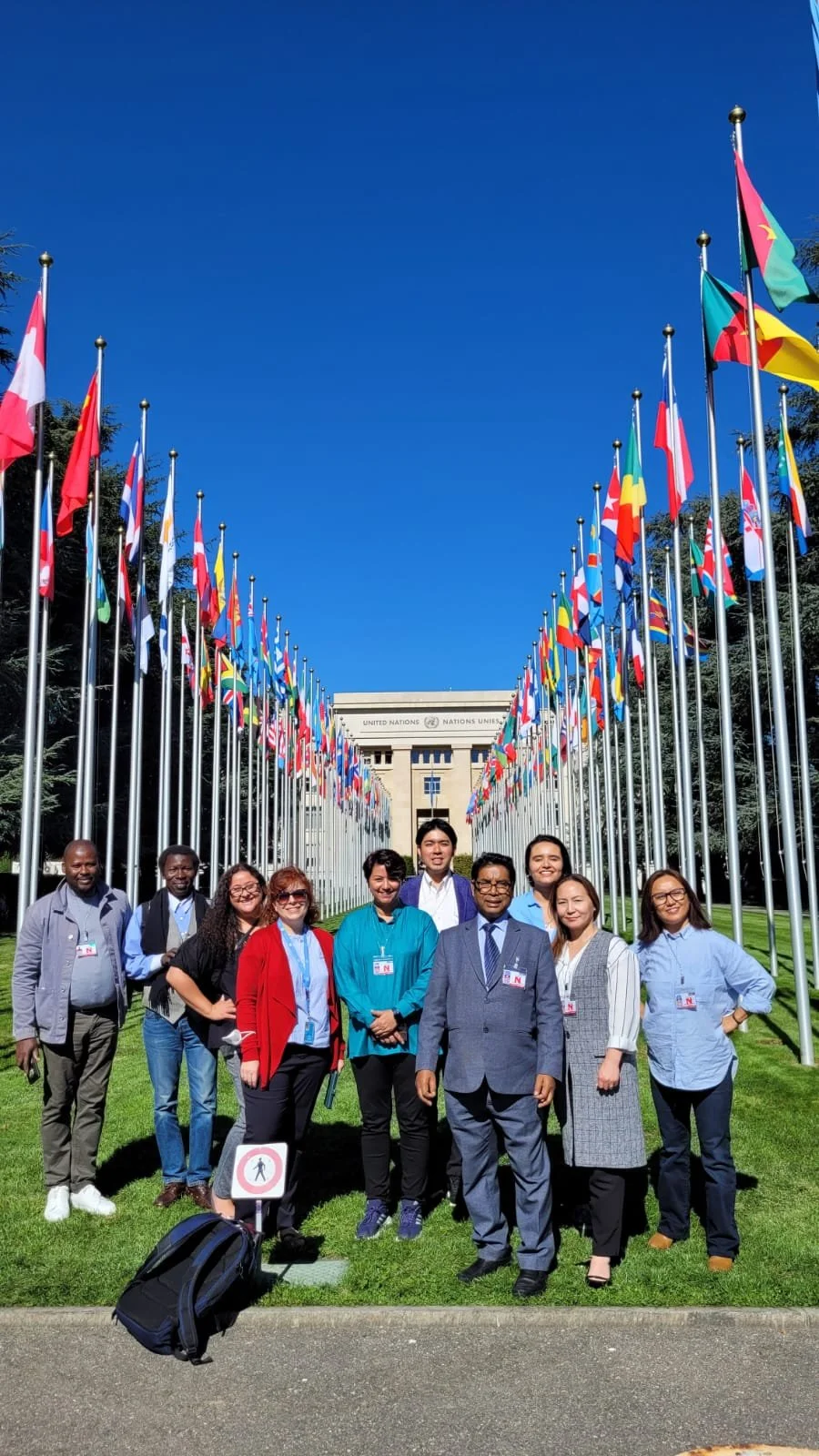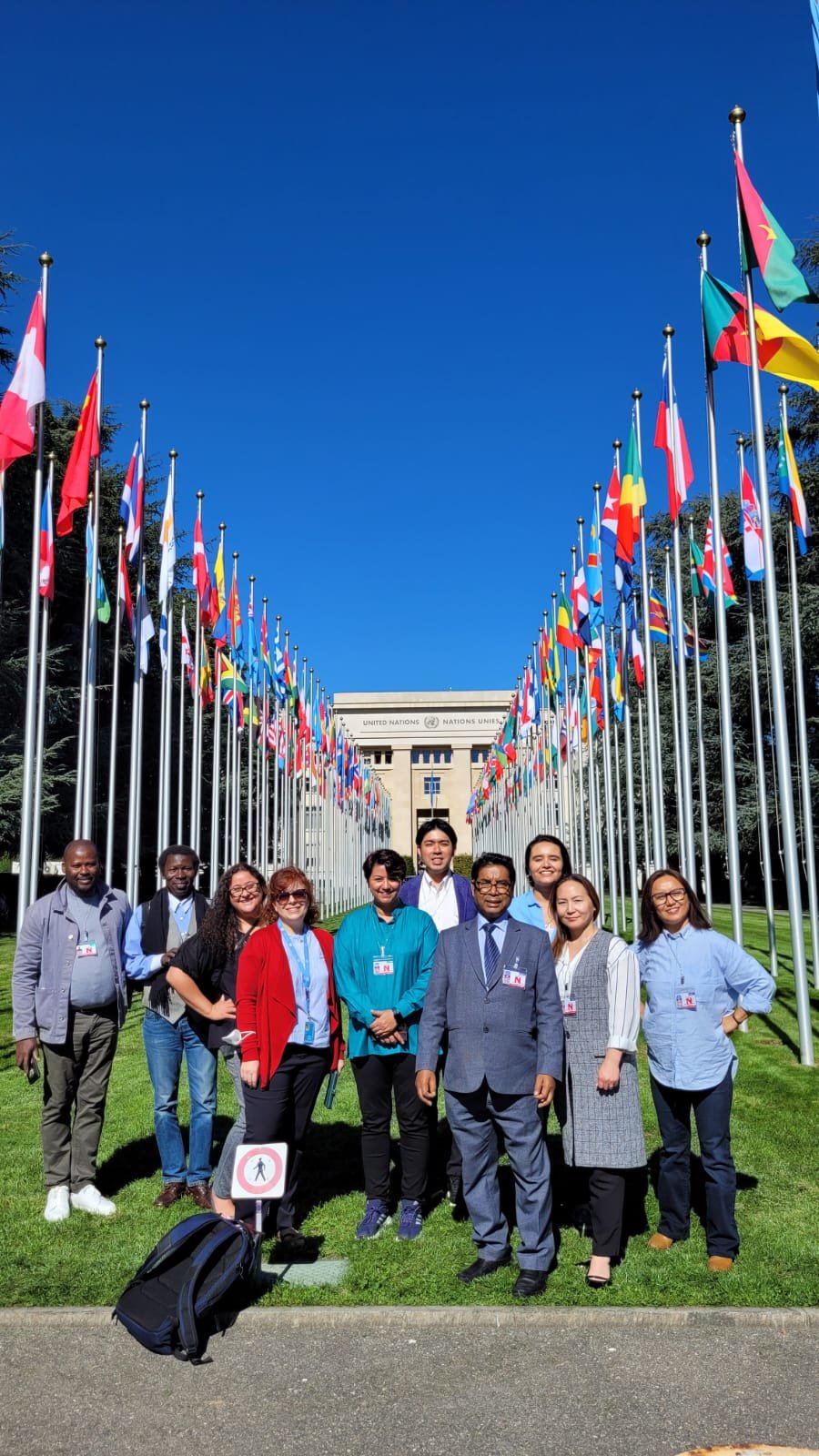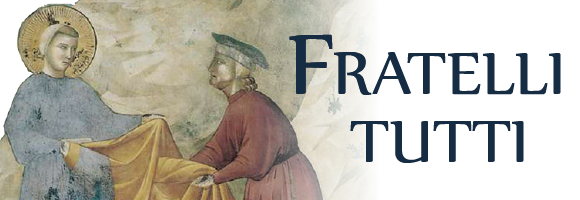IFOR's 3rd edition of its "Introduction to the UN" program took place on September 19-23 2022.
This year's program was titled "Strengthening civil society engagement within the UN system" and was funded by Otto per Mille of the Waldensian Church of Italy.
Nine participants from Benin, Colombia, Japan, Mongolia, Nepal, Nigeria, Tibet and USA the opportunity to learn more about the UN system and the precise work IFOR does with particular regard to conscientious objection to military service and other issues such as human rights education, environmental rights, disarmament, decolonization and to meet with partner organizations and human rights defenders.
Participants attended the 51st session of the UN Human Rights Council, informal negotiations, side events and thematic workshops on Western Sahara, Tibet . . . and found out more about UN procedures and civil society space.
During the week, IFOR’s guests had the chance to visit the Geneva UN headquarters and attend the special event of the Geneva Peace Talks on September 21st where they had the opportunity to listen to human rights defenders and activists from around the globe.
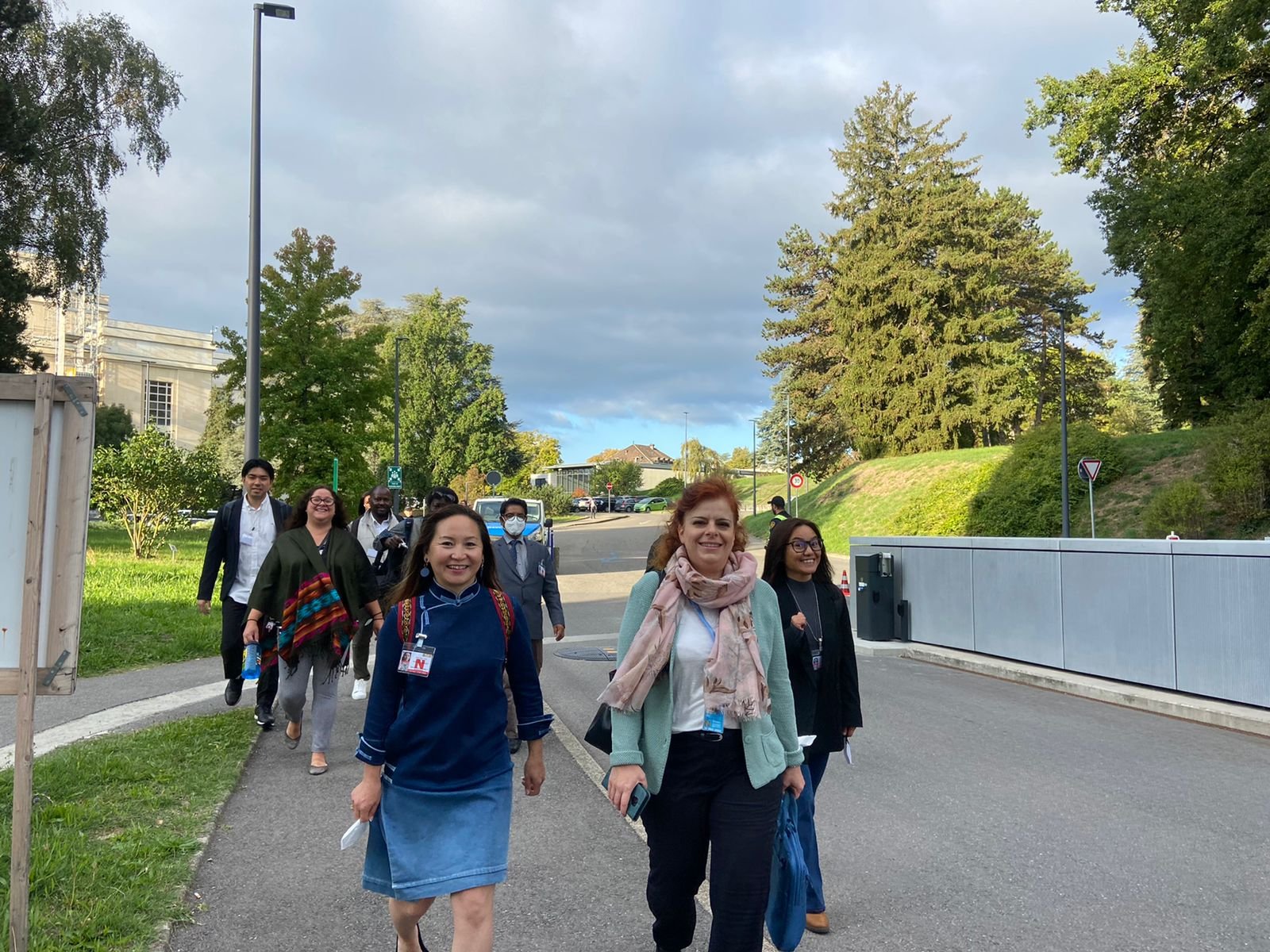
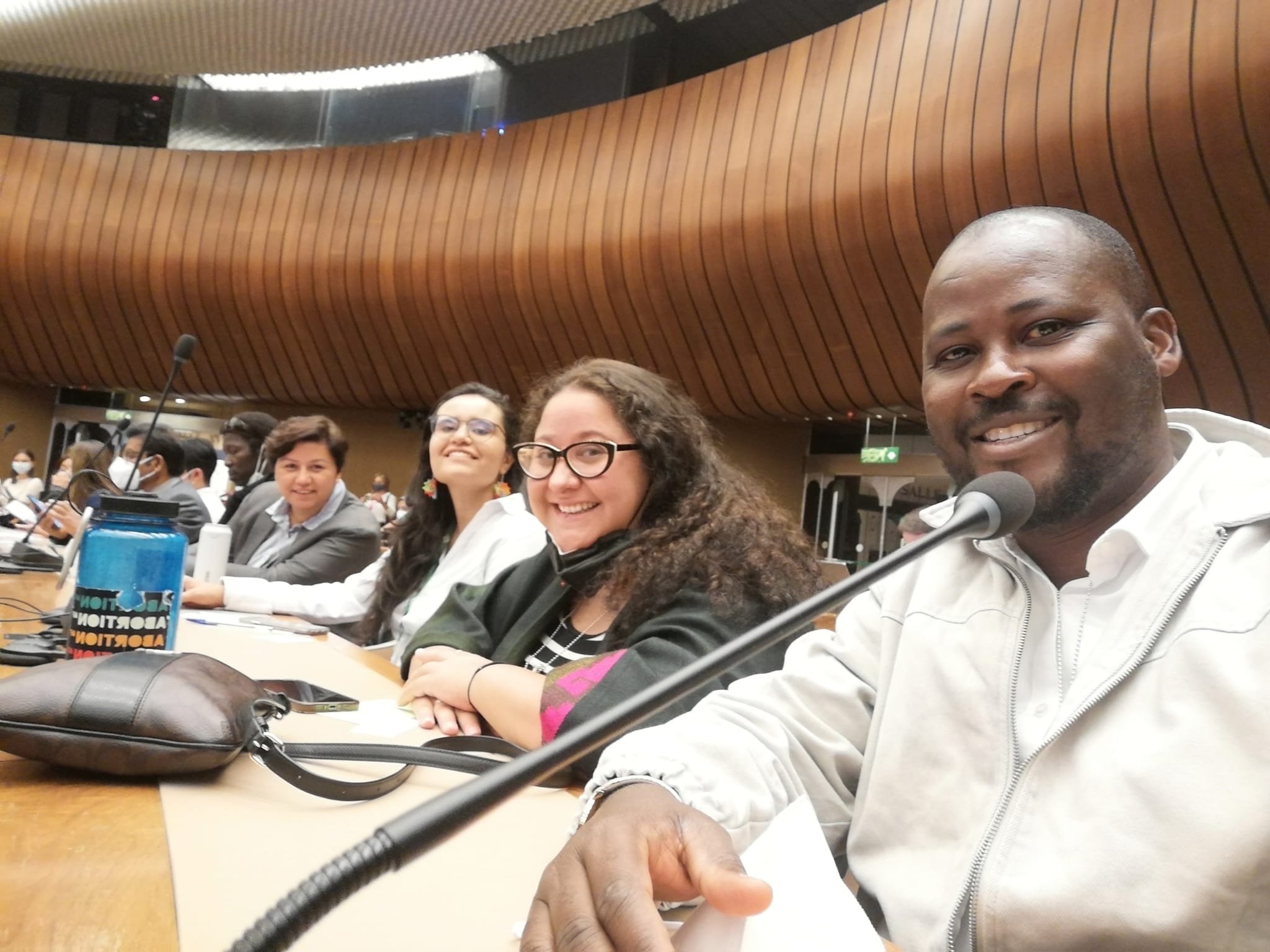
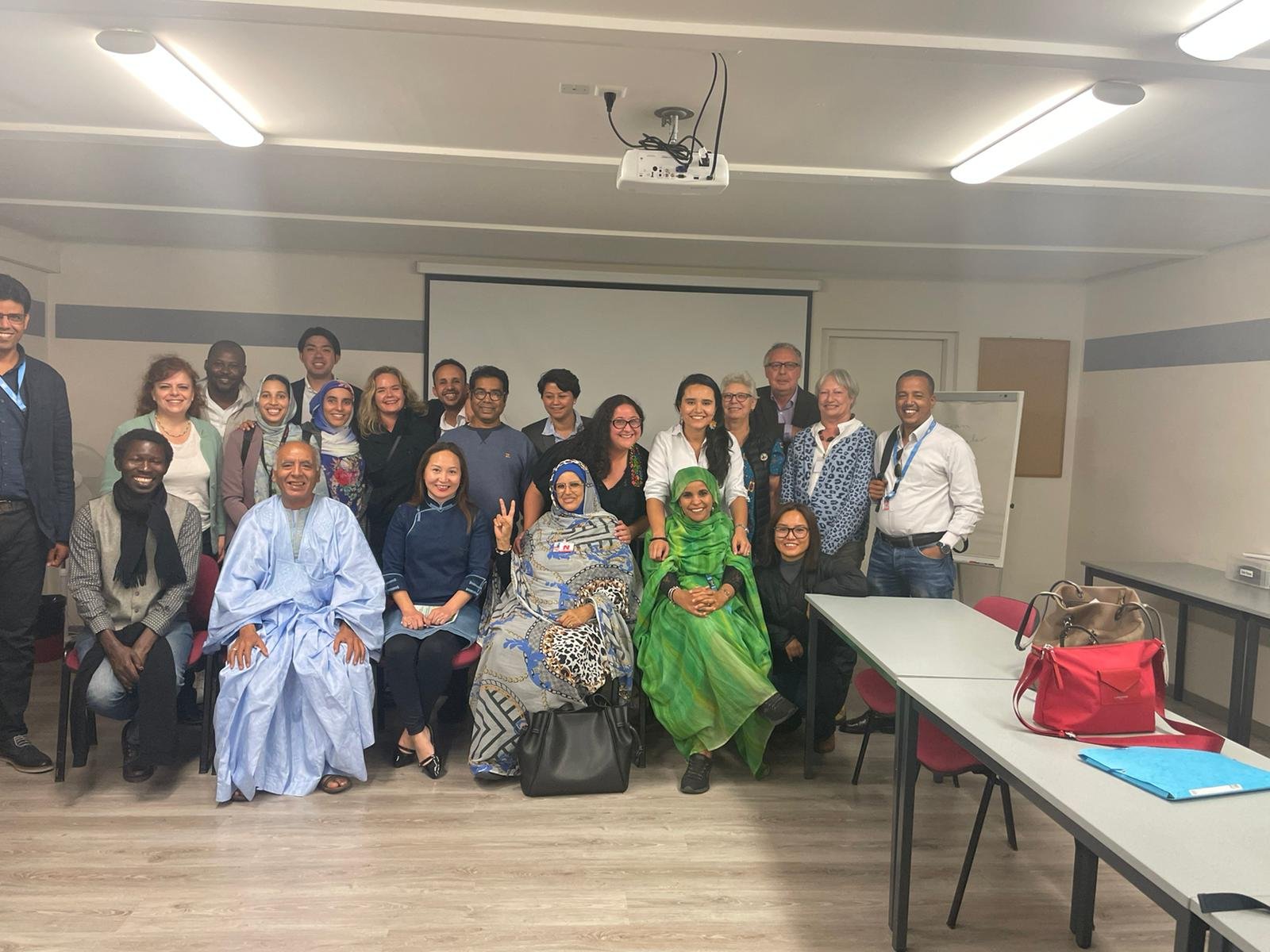
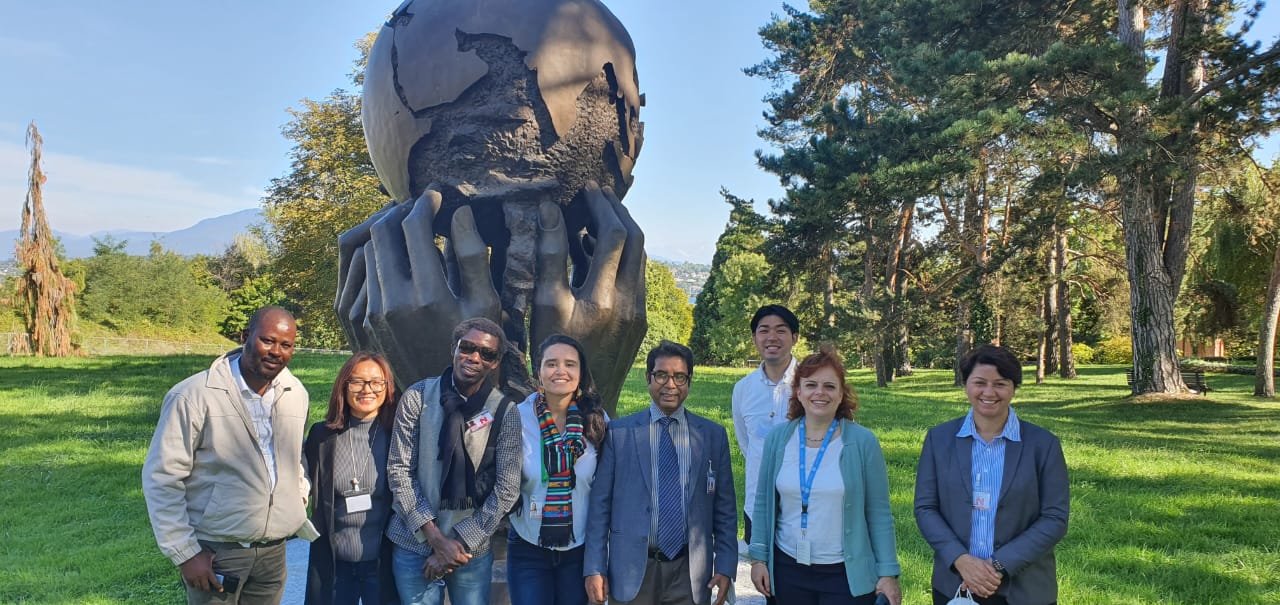
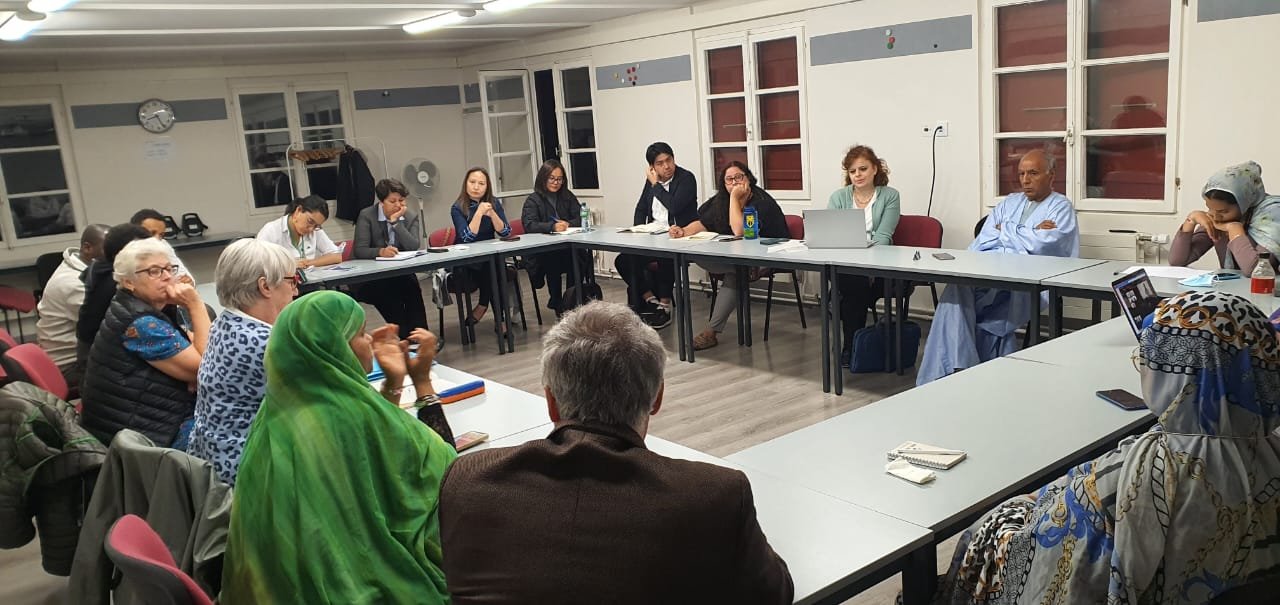
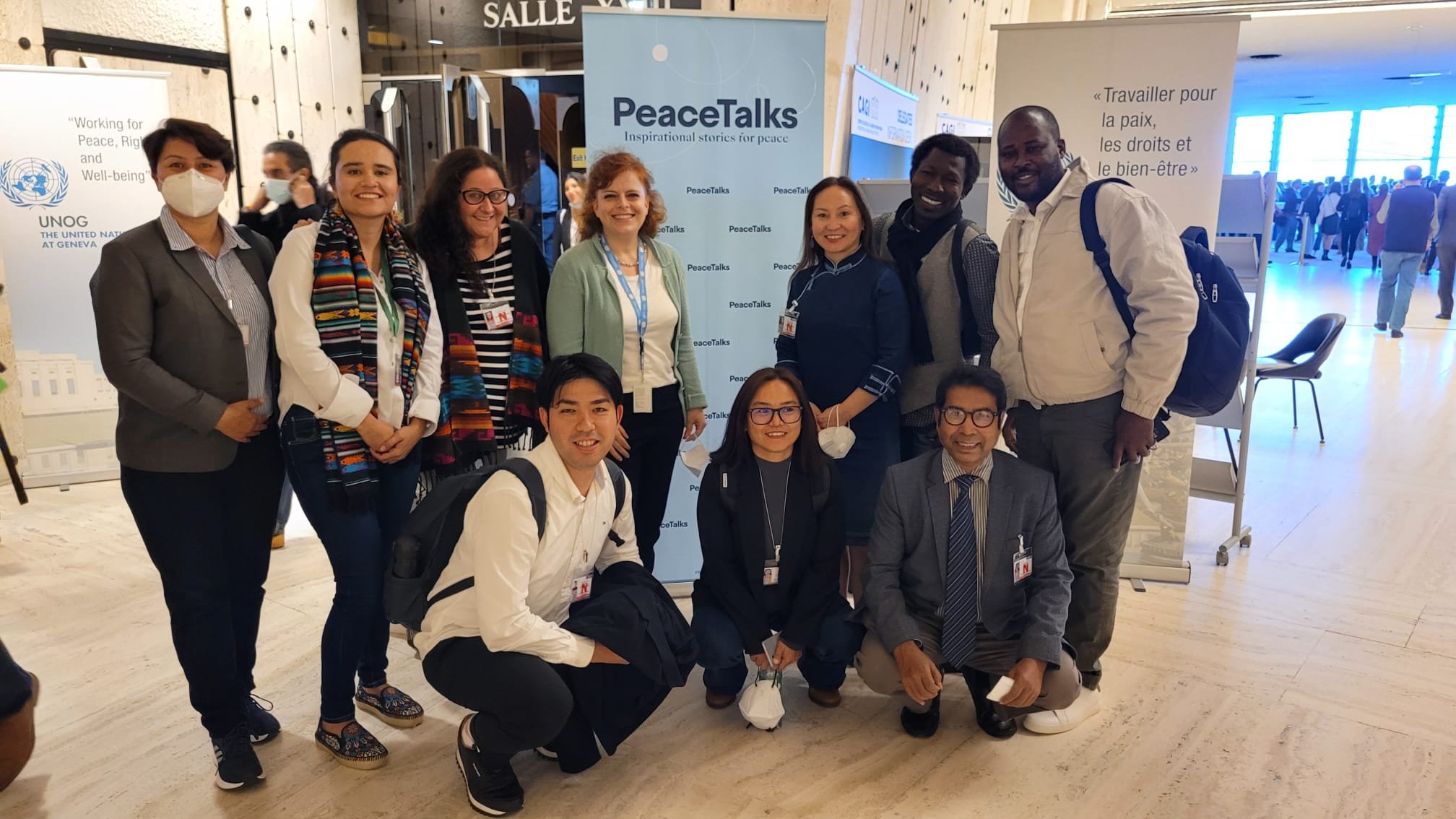
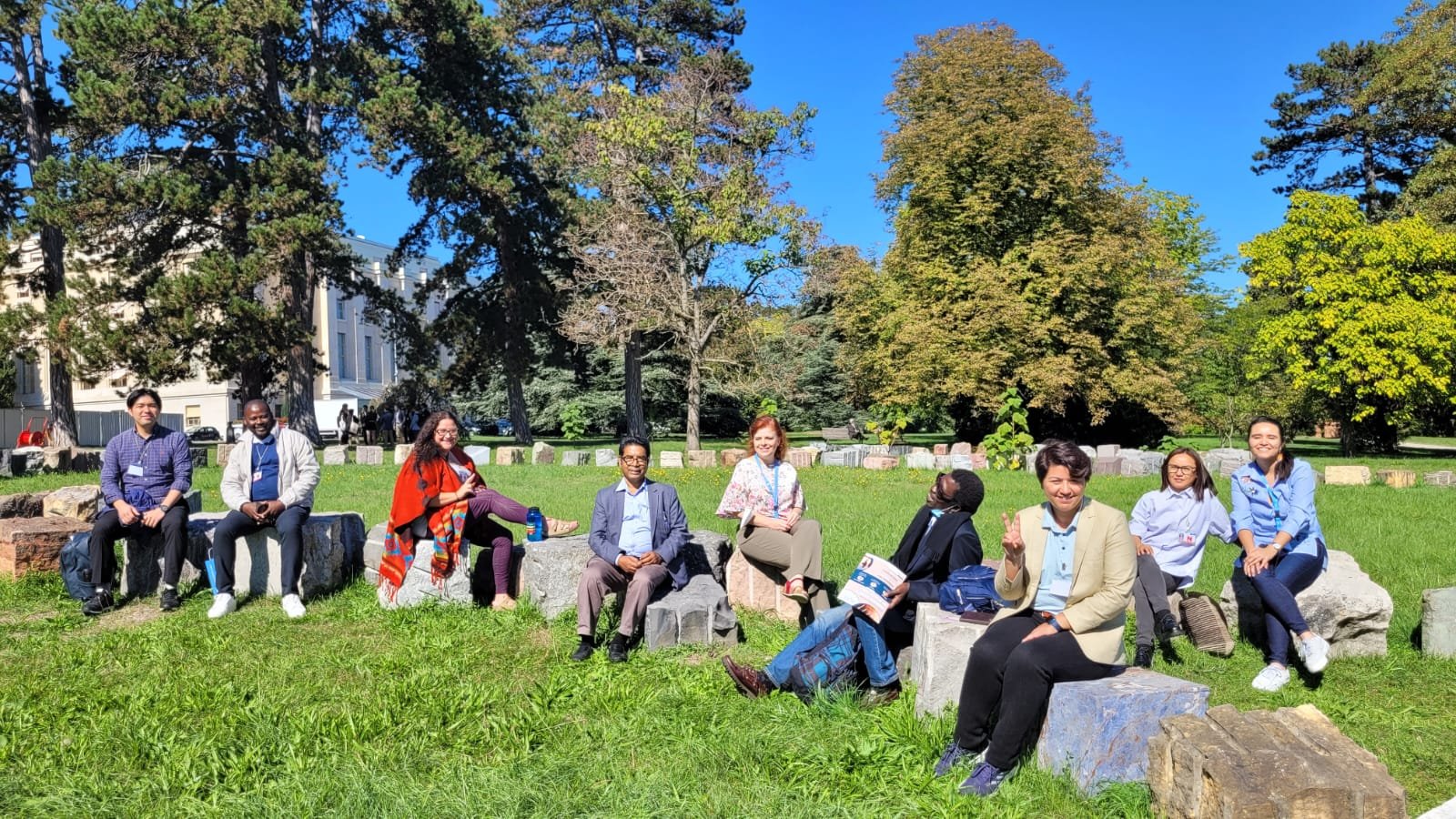
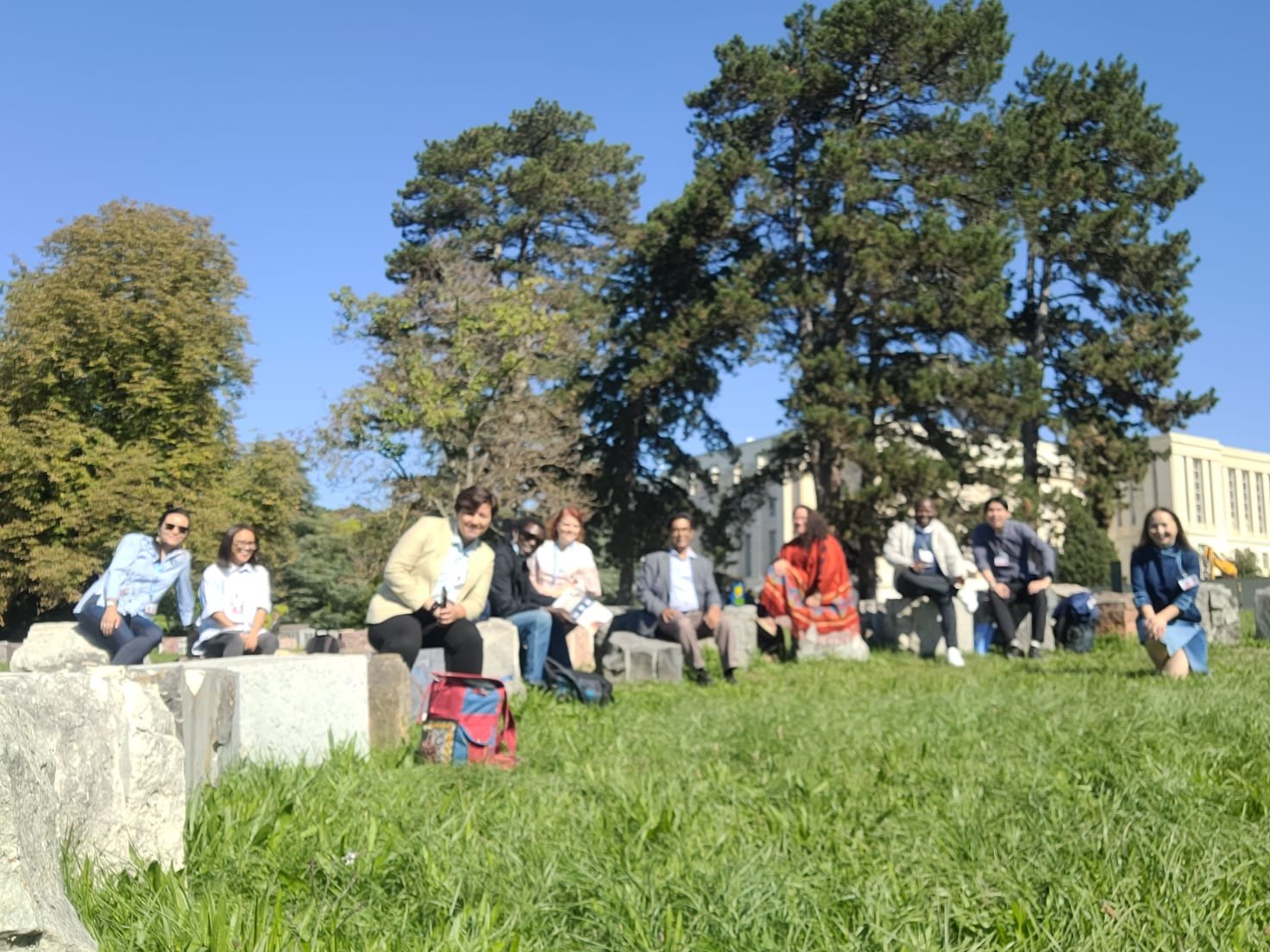
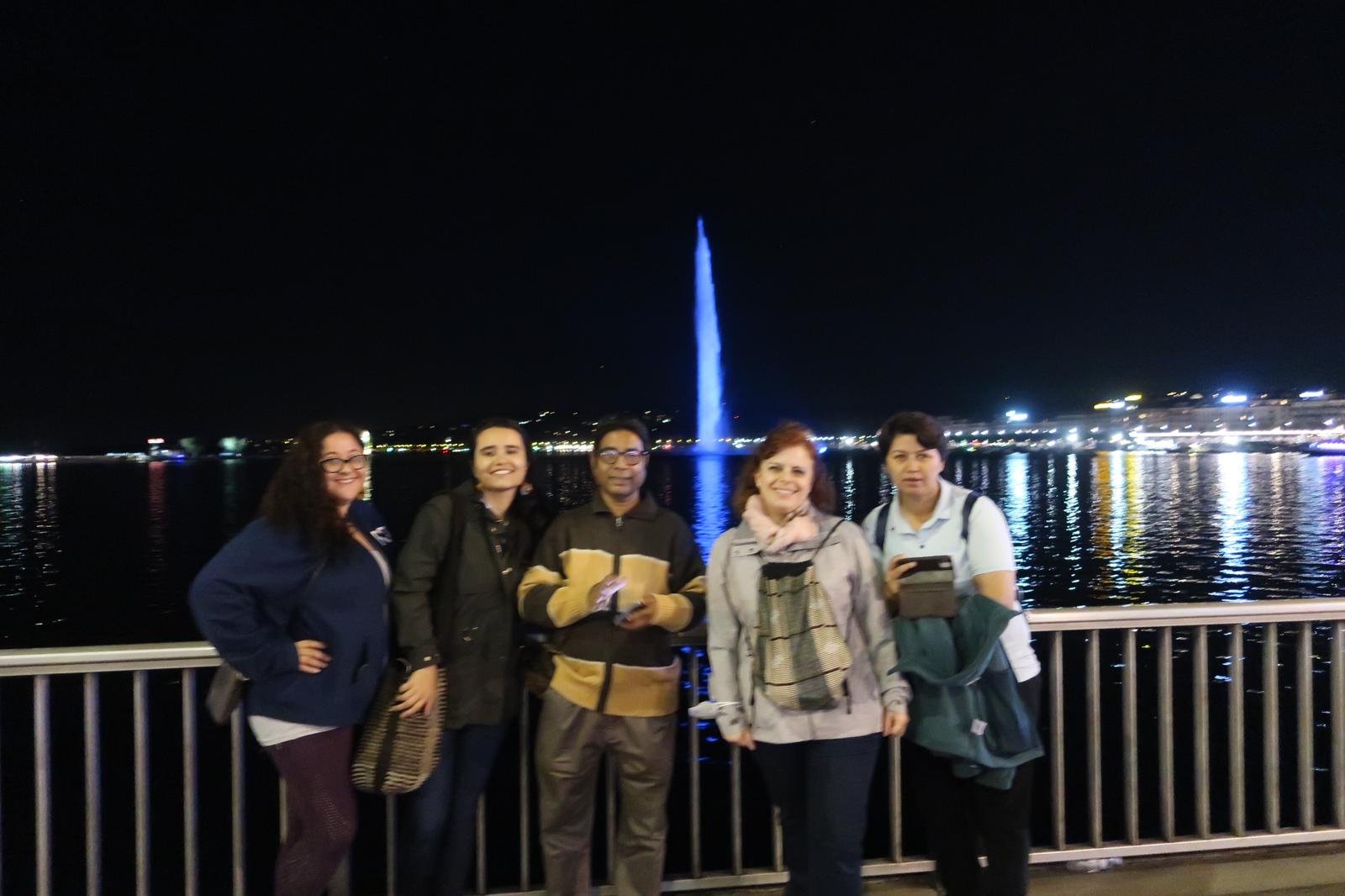
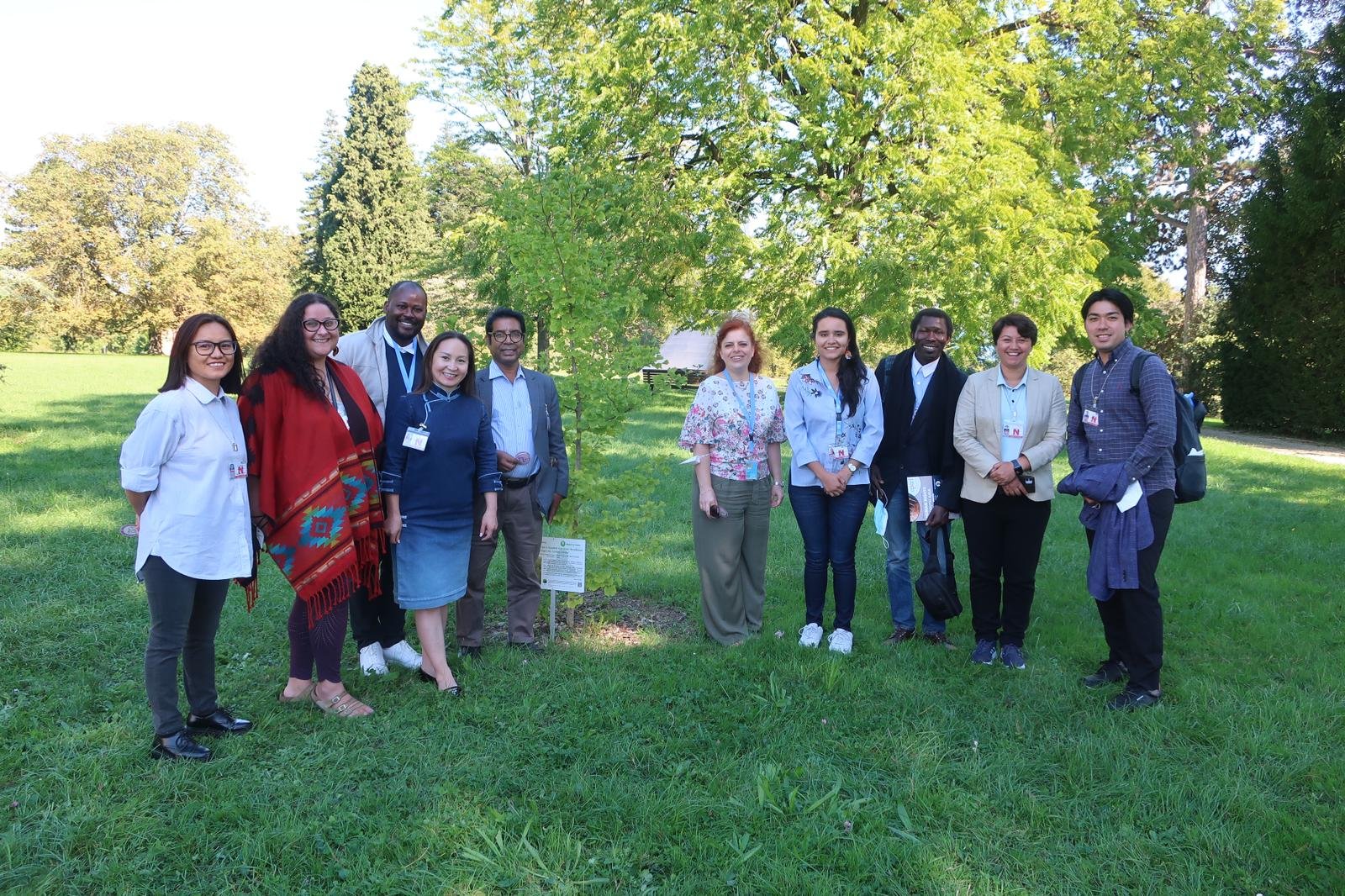
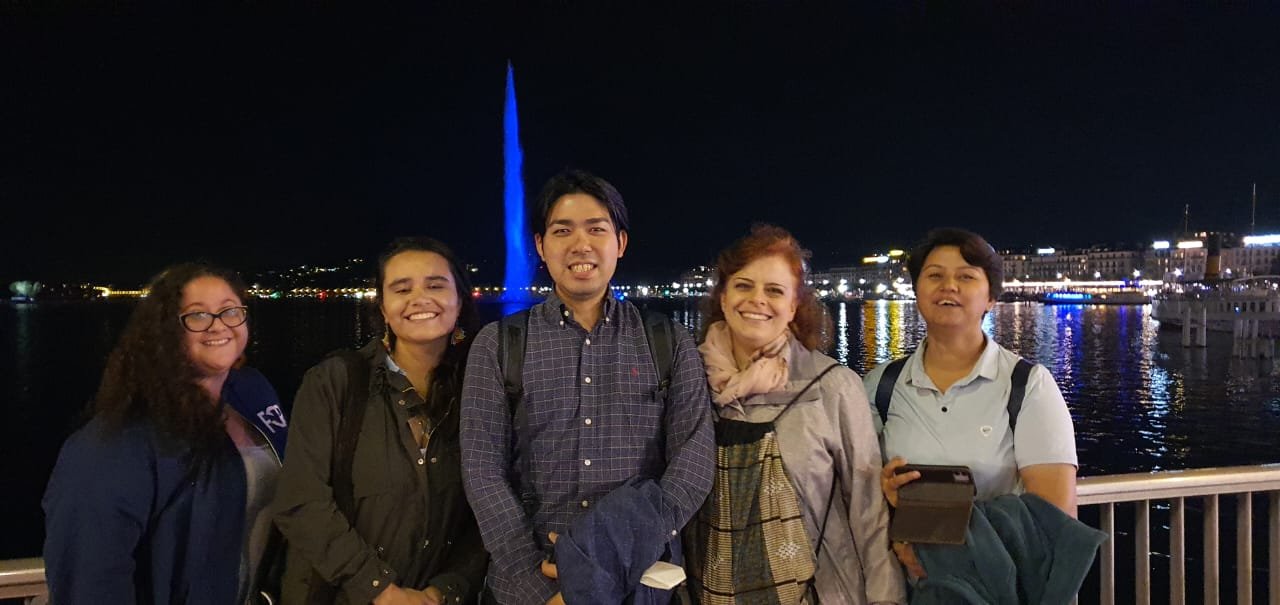
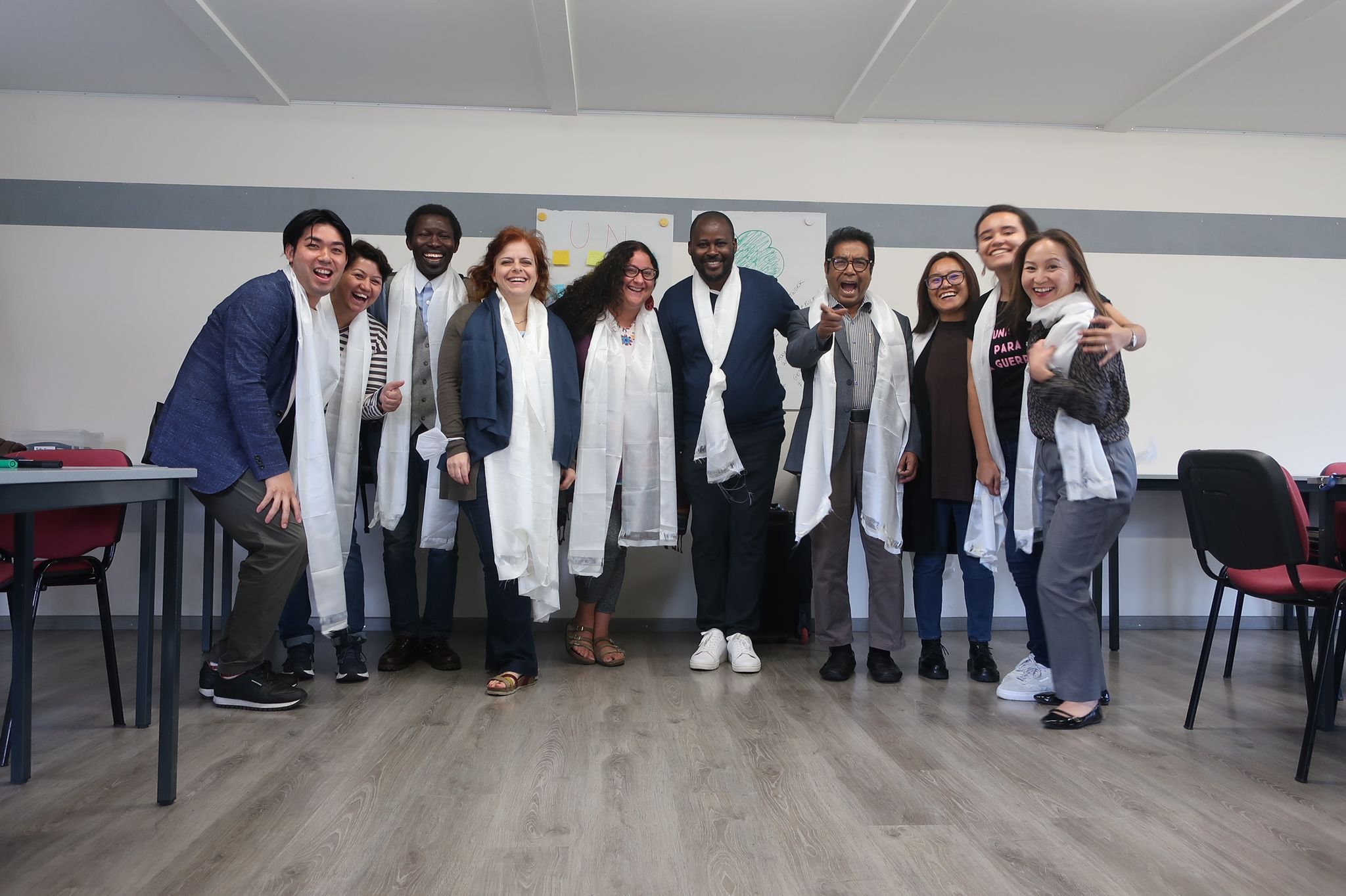
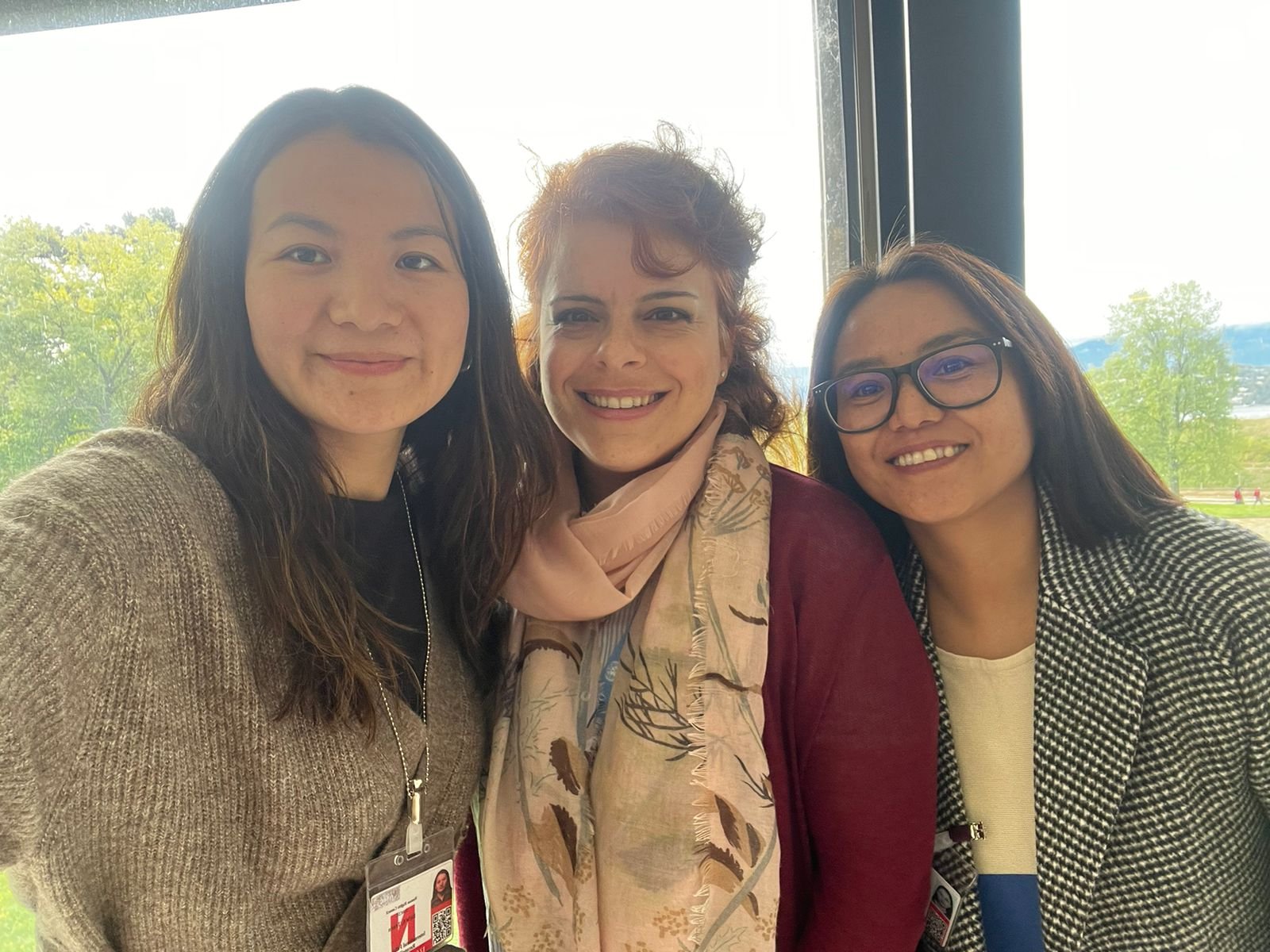
READ ABOUT OUR PARTICIPANTS' FEEDBACK:
“The programme enriched my knowledge and experience hugely. We were introduced to many different aspects of the UN and civil society representations. The programme exceeded my expectations and we look forward to working with IFOR and the relevant diplomats at the UN.” -Uuganaa
“I am so grateful to have had the opportunity to attend the seminar and to be part of an organization advocating for the right to refuse to kill, and the right of conscientious objection to war. We must build a global movement that is committed to collective liberation.” -Chrissy
“Though I have been to Gener and participated several timers in UN organized programs, I never had the opportunity to see how, debates, lobying and side events are organized, I feel priveledged thiis year through IFOR and the able leadership of Zaira Zafarana who guided us through ther process, It is a worthwhile experience, and I look forward to more of such. Thank you for this opportunity.” -Domino
“IFOR can give us exposure and capacity enhance and pick the Hunan rights issues to the UN for better chnage of Community” -Sirjana
“It was wonderful programme. Got knowledge how work with UN. IFOR should continue this efforts.” -Ruhi
“It is a great opportunity to strengthen international advocacy and the socialization capacities of different organizations that work to promote human rights in the world. It allows to have a close and direct work towards the United Nations System, from the perspective of Civil Society organizations. Personally, it was an opportunity that I am grateful for, and I can affirm that it changed my life, it allowed me to learn about different ways of fighting for human rights, to learn about new realities, and to always think that despite the great distances and cultural differences, the work for the rights of people can be understood as a universal language.” -Laura
“What set this program apart from others was great its focus on practical lessons in that we were able to learn firsthand about the workings of the Human Rights Council session and explore opportunities for advocacy on issues of common concern.” -Tsering

